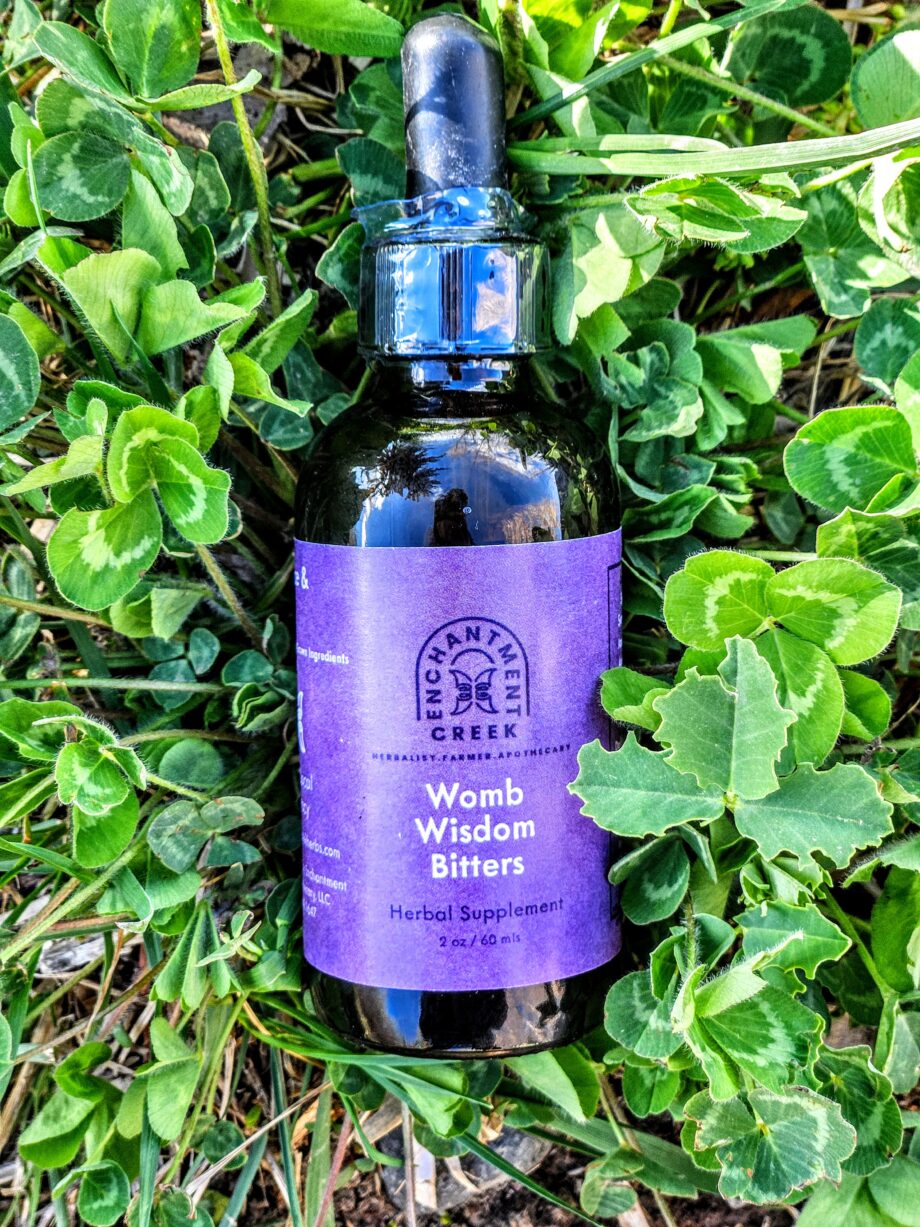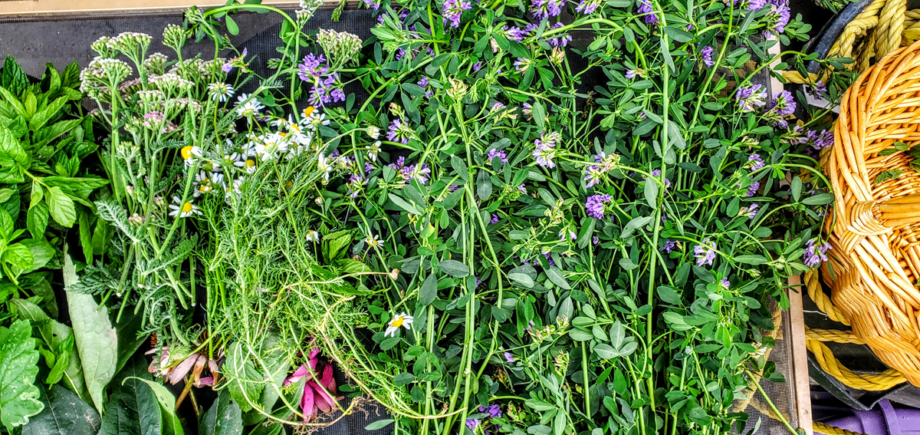How does wild harvesting become sustainable?
These are the questions that every wild harvester must asks themselves before going into the forest. Even before researching, or planning remedies. How much plant does one need? What is the purpose of using the plant that they are taking from the forest?
Do you have the menstrum in hand, at home? Is it ready to process the harvest as soon as you get to your making space? Or is the plant material going to sit in the kitchen to mold, rot, or dry out? Thus rendering it useless in some cases…?
What about where you are harvesting from! Is the stand you are going to healthy? Did it rain yesterday or the day before? Has it not rained in a month, 6 months, the last year?
These many questions are just the beginning of what goes through my mind when I set out to harvest from the wild. For the process to be respectful and sustainable, we not only have to question our motives. But how we will impact the wild lands that we love so much.
Modern Minds
Over the course of modern times, societal influences have started to take tolls on nature because of profit, greed. Even in cases of distracted minds going into the wild. We have seen populations of plants be harmed and start to become endangered from our lands.
What good does this do for the health of our forests and working with the plants if we over harvest them to be non-existent? United Plant Savers, a foundation created and governed by Rosemary Gladstar. Has done beautiful work to enlighten the danger of over harvesting and list plants that are on the verge of disappearing from our beloved woodlands.
All Together We Are Nature
Does this mean that we should stay out of the forest all together? Keep the wild where it is and stay free? Does this mean that we shouldn’t be involved with the life of the plants we love? And maybe help them to thrive? More questions that I ask myself on a regular basis. Then remember that we are all connected as nature is our creator. This is what we are and what pulses through our veins and our DNA.
The link is clear to me, they are of us, they are here for us, and we need to be there for them as well. So why not educate us in the direction of a healthy way to work with the plants in the forest. Instead of alienating ourselves from their wild lands, mountains, meadows and parries.
Studies of Native Lands
I have seen studies that have been done regarding plant populations that have become threatened or endangered due to lack of harvesting. When the imaginary lines that we have created of property boundaries block off what was historically a site of harvest… What happens? For indigenous peoples the plant populations were maintained by mindful harvest. When we have looked at plants within these modernly created lines. We have shown a decline in populations of plants that once thrived while being plucked for medicine, ceremony and food.
What does this tell us? When we plant a garden of perennials, plants that come back bigger and bigger year after year… certain varieties will takeover and grow with out abandon on their own, but others, if left to their own devices and are not plucked from or divided will wither out and die.
To me, this is what our forests need. They need our interaction, but not wildly harvesting without plan or intention. We need to have people who are out there working with the plants, but there is a fine line to dance along.
How It Once Was
In Wyoming we have management systems in place for animals and plants alike. This keeps our populations healthy, thriving and abundant. They feed our bodies and nourish our souls. As a rule, we are found in the forests on a regular basis, alone or in small groups, walking for miles or just walking a few hundred yards.
Still, either way, we are interacting with the abundance of wilderness, to where it becomes more of our home and comfort zone rather than a place of the unknown. These plants are a part of this wandering,the animals too. They are an inherent aspect of life in the forest, the mountain life that certain people of the modern population still thrive in.
Though, does this mean that we should just open our forest lands to all? Unregulated and wild and free the way our ancestors were before? Truly, I do not believe that is the answer, nor do I pretend for a second to know what the answer is.
A New Balance
This writing is intended to stimulate thought regarding what balance is, and how we can be apart of the natural chaos that is consistently thriving around us in the forests, our wetlands, farm land and parries. We have towns, cities, villages, and rural homesteads. These are in balance too,each in their own way, though a city may be considered wilderness to someone who mainly resides in the forest.
They have their balance, and consistent chaos that is alike and uniformed, though indifferent ways, still of the same. Is it fear of ones who do not understand the other that warrants boundaries, and rules created that aren’t always of full understanding of the ones placing them?
Does each region need to have its own governed party playing the part of understanding that chaos, and implementing rules, regulations, and management to their area of likeness?
More questions that I feel are not asked enough. Instead of bending others to our will, as we all seem to know that will is what truly is the answer… what if we were OK with not knowing the answer? Would that not help us to better understand the opposite?

